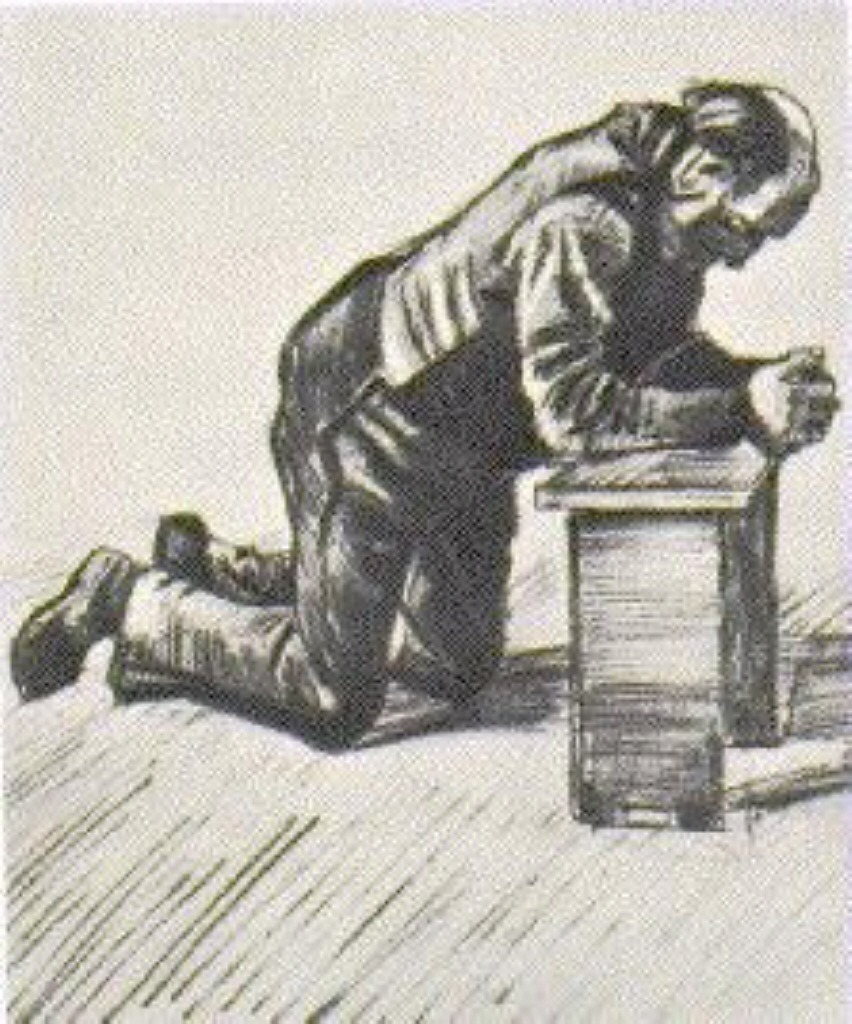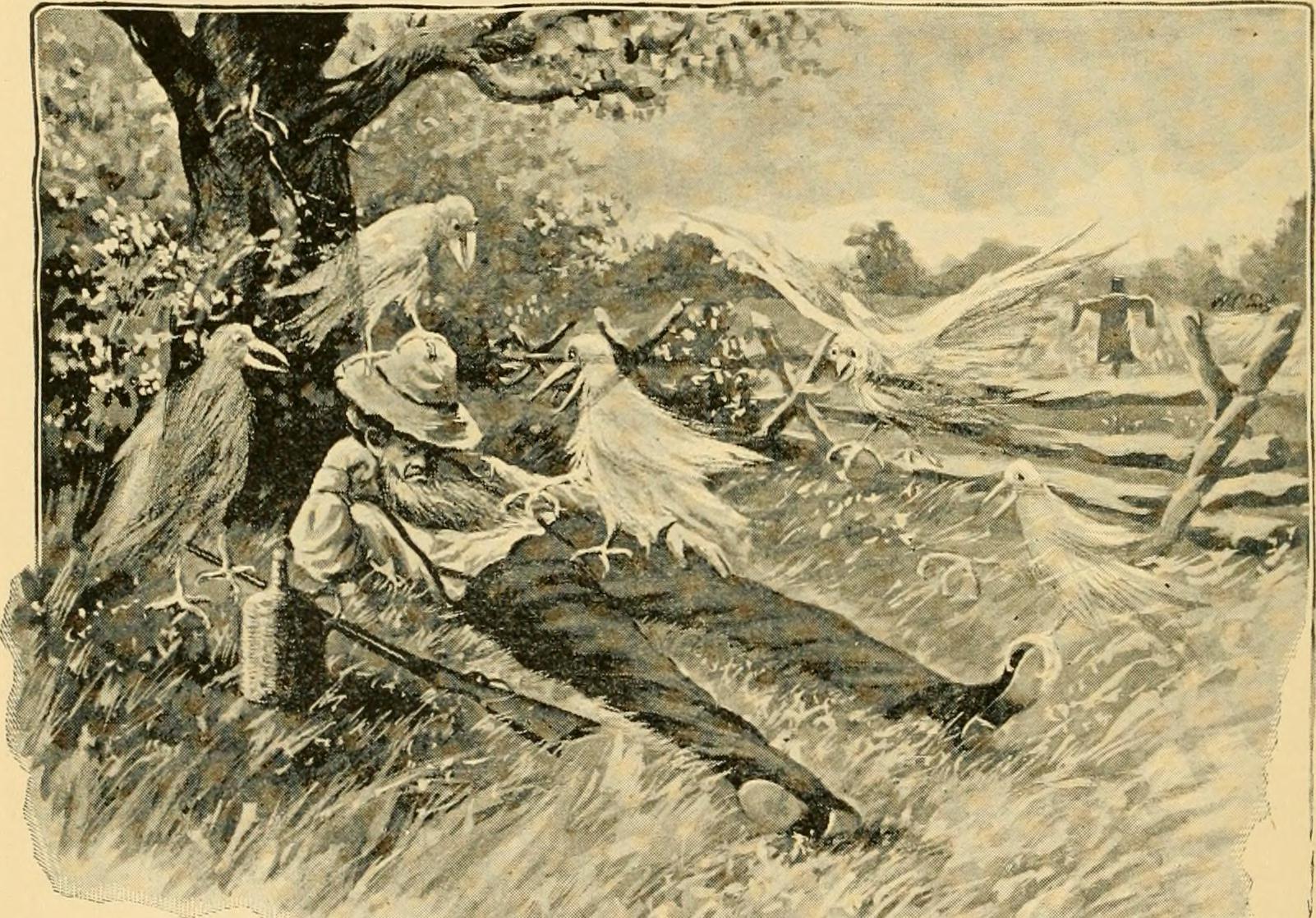In Leviticus Chapter 8 we read of the consecration of Aaron and his sons to the priesthood of Israel. In Chapter 9 their first priestly activities are recorded, namely the offerings for both themselves and the people. God showed his approval by sending fire from heaven consuming the burnt offering. The scripture says that the people saw the fire, shouted and fell on their faces. Truly this was a magnificent event. The people and their leaders had done all that God had commanded them to do and he had shown his glory from heaven (vs 6).
Throughout the books of Exodus and Leviticus the Lord had carefully instructed Israel concerning the what, where, when and how of their service to Him. The word pattern (structure, figure, model) is used several times in describing Gods commands (Exodus 25:9; 40). The people were often reminded and instructed to do all that God had commanded them to do. If they did well they were blessed. If they did evil they were punished.
In Leviticus 10:1-3 we read the account of the sin of Nadab and Abihu, who were the oldest sons of Aaron and priests of Israel. Following the events previously described in Chapter 9 it is recorded that they took their censors, “put fire therein and put incense thereon and offered strange (foreign or profane) fire before he Lord which he commanded them not” (vs 1). Because of this action they were killed by fire from heaven (vs 2). In addition to the fact that the action was not commanded, the Lord summarizes the reason for this punishment in verse 3 when He says “I will be sanctified (set apart, holy, hallowed) in them that come nigh to me, and before all the people I will be glorified (honored, weighty)”.
While we are sure that these priests would have justified their behavior by such thoughts as the fire was just as hot, the incense burned in the censor just as it would on the altar, what does it matter when or where the incense is burned or by whom, yes we know God did not command this but he will like it anyway; their actions were not acceptable. Do any of these excuses sound familiar?
The lessons that are evident from the sin and punishment of Nadab and Abihu can be generally summarized in the following principles:
- We must do as we are commanded
- We do not do less than God authorizes
- We do not go beyond what God authorized
- We do not substitute anything for Gods way
In the New Testament we are told in Colossians 3:17 that “whatsoever we do in word or deed, do all in the name (authority) of the Lord Jesus, giving thanks to God and the Father by Him”. Just like these priests of old we too can go astray by failing to adhere to the above principles. Let us briefly look at some examples.
We must do as we are commanded. Preaching in the Church today has often been reduced to a social gospel that is brief and entertaining. There is no mention of the need to obey and in some instances the Lord’s invitation is not offered. In 1 Timothy 4:2 we are told what and how to preach. Preach the word! Declaring “all the counsel of God” (Acts 20:27).
We do not do less than God authorizes. In James 1:27 the scripture teaches us that “Pure religion and undefiled before God the Father is this, to visit the fatherless and widows in their affliction and to keep himself unspotted from the world”. Often we forget this charge as Christians. Does our forgetfulness or “somebody else will do it attitude” nullify this command?
We do not go beyond what God authorized. In Ephesians 5:19 the scripture commands to the Church “Speaking to yourselves in psalms and hymns and spiritual songs, singing and making melody in your heart to the Lord”. The command to the Church is that Christians are to sing. Some today are going beyond what is authorized and adding a mechanical instrument of music. Justification is most likely well we are singing but we also play. What does it matter? Are the instrumentalists guilty of adding to the word of God?
We do not substitute anything for Gods way. In recent years there has been a move for female leadership in the Church. This would include female preaching, leading prayer and otherwise taking leadership roles in the assembly. In 1 Timothy 2:12 “But I suffer not a woman to teach nor to usurp authority over the man but to be in silence”. The verses following give the why of this command, referencing Adam before Eve. Some today might say well aren’t women just as capable? The answer to that is certainly! It is to be observed however that this logic is very similar to isn’t the fire just as hot?
In each of the above examples, while we may see some of the logic, we must follow the command and direction of God. To do otherwise is sin. There is no doubt about it, God expects to be worshipped by those with the right attitude and in truth (John 4:24). May we always walk in faith and obedience.
How God Saves – – Keep the Faith





